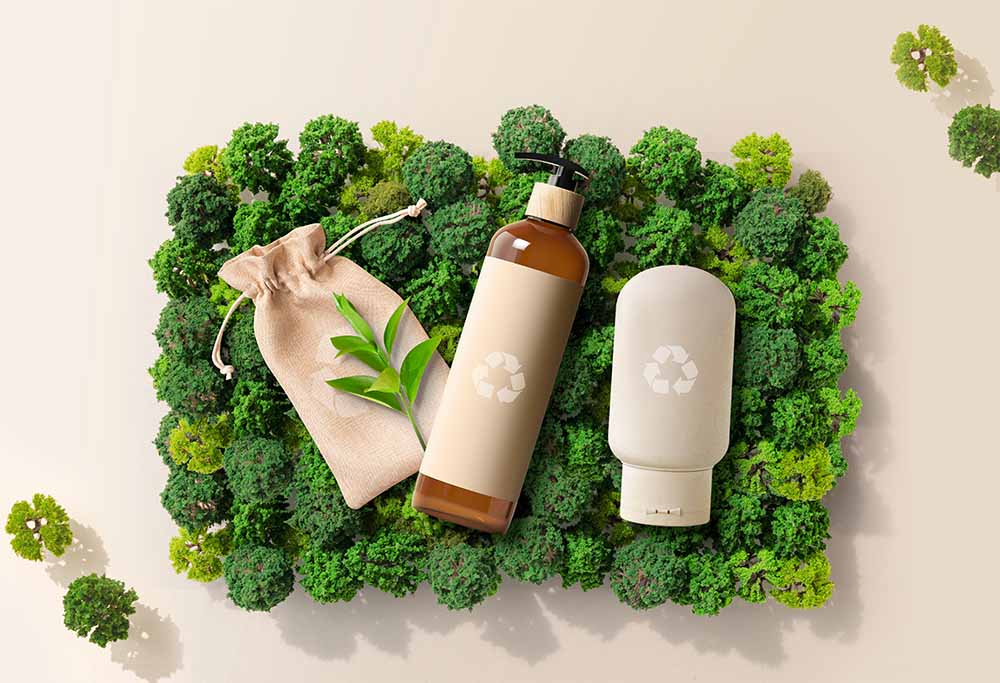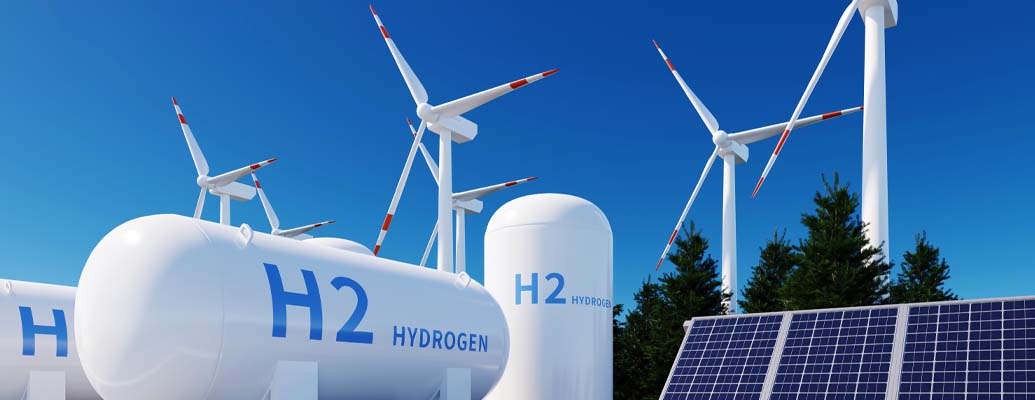Strengthening of research competitiveness, establishment of global innovation technology ecosystem
LG Chem is investing heavily in building a global innovation technology ecosystem for the development of sustainable technologies and products to meet the challenges of three new growth engines: eco-friendly materials, battery materials, and new global innovative drugs. To this end, LG Chem operates various open innovation programs to build networks with experts in various fields, providing support at all stages, from the discovery of innovative ideas to commercialization.
We have successful experiences in a variety of areas of open innovation, including investing in promising startups through LG Technology Ventures and acquiring Aveo to enter the cancer drug market in North America.




